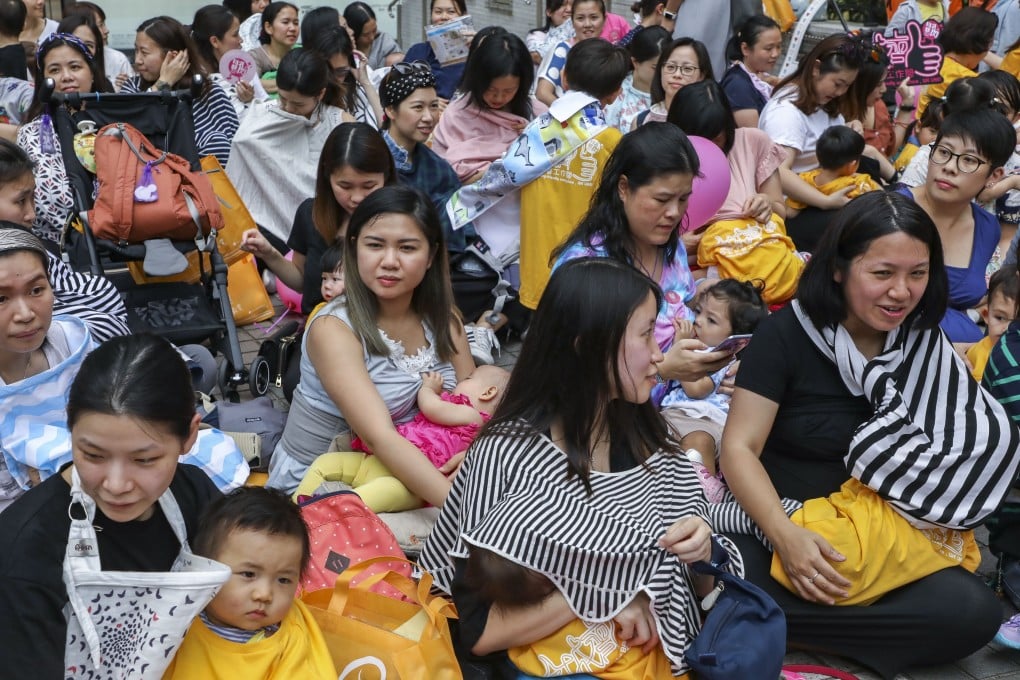Hong Kong to launch first breastmilk bank next year to aid 600 infants annually
- Bank, to be set up at Hong Kong Children’s Hospital in Kowloon Bay in first quarter of 2025, aims to help 450 to 600 premature babies annually
- Babies who are premature or suffering from severe illnesses such as congenital heart diseases will be eligible, Hospital Authority says

Hong Kong will launch its first breastmilk bank early next year, helping up to 600 premature or severely ill infants who cannot be fed by their biological mothers annually.
The Hospital Authority announced on Thursday the bank would be set up at the Hong Kong Children’s Hospital in Kowloon Bay in the first quarter, with an aim to provide donation services to nine public hospitals with neonatal intensive care units within 2025.
Dr Leung Wing-cheong, a consultant at the department of obstetrics and gynaecology at Kwong Wah Hospital in Yau Ma Tei, said the bank would alleviate the struggles mothers often faced trying to produce sufficient breast milk for their premature babies.
“Breast milk is very important as it can reduce the risks of necrotising enterocolitis, which is the No 1 common disease among premature babies, as well as other complications such as late-onset septicaemia and chronic lung disease. It will reduce their mortality rate in the long term,” he said.
“Their neurological development will be improved. It will also shorten the time of staying in the neonatal intensive care units.”
The authority said the bank would accept applications from eligible mothers in the fourth quarter this year.